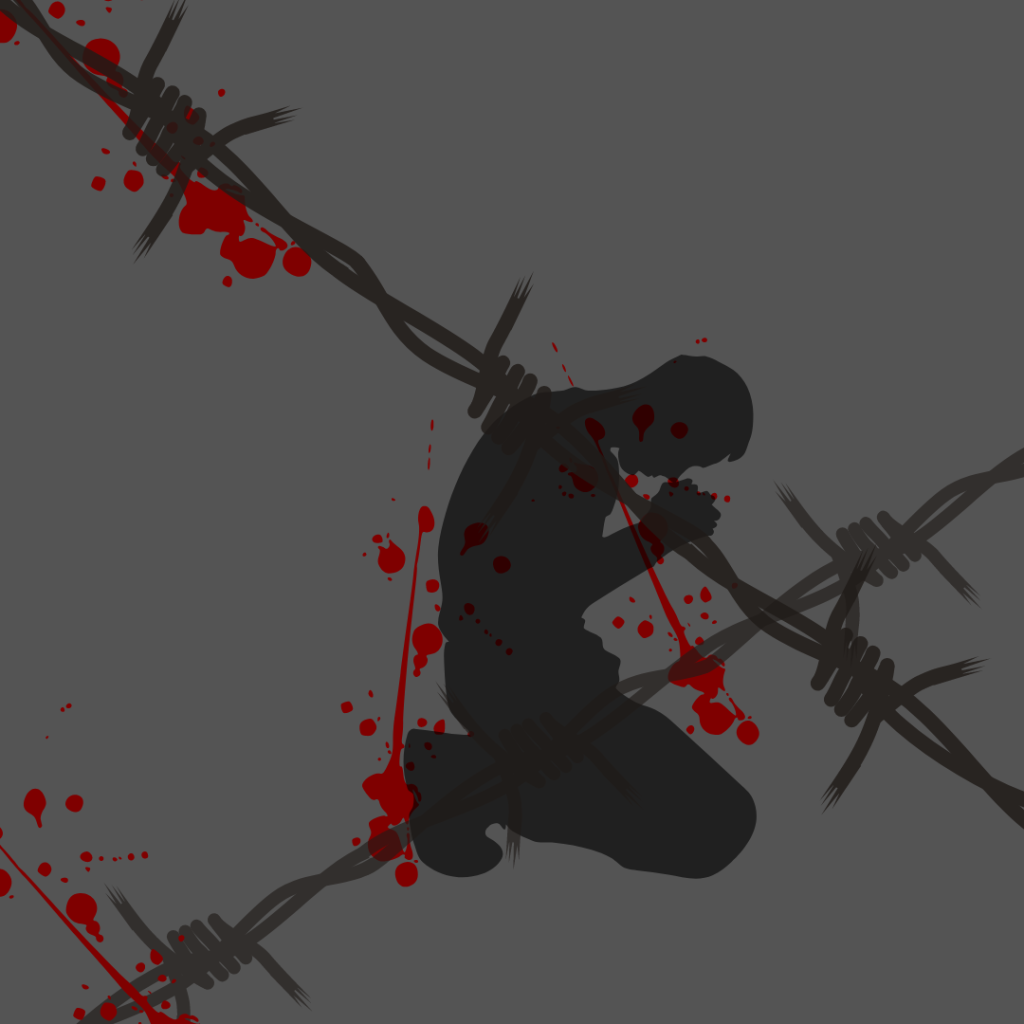Every year on August 22, the world observes the International Day of the Victims of Acts of Violence Based on Religion or Belief. This day is a solemn reminder of the ongoing challenges faced by individuals and communities subjected to violence and discrimination solely because of their religious beliefs or affiliations.
It is an opportunity to honour the resilience and courage of these victims and to reaffirm our commitment to upholding the principles of religious freedom and human rights.
Religious intolerance and violence have plagued human history for centuries, causing immense suffering and loss. Despite significant advancements in human rights and international law, millions around the globe still endure persecution, discrimination, and violence because of their faith. This includes acts of terrorism, forced conversions, destruction of places of worship, and social ostracism, among other atrocities.
The United Nations General Assembly established this International Day in 2019, recognising the urgent need to address the alarming rise in violence and discrimination based on religion or belief. This day serves as a platform to promote awareness, foster dialogue, and encourage actions to combat hate and intolerance. It calls upon governments, civil society, religious leaders, and individuals to work together in building inclusive, peaceful, and tolerant societies.
Commemorating this day is not just about remembering the victims but also about taking concrete steps to prevent future acts of violence and discrimination. It is a call to action to protect the fundamental rights of every individual to freely practice their religion or belief without fear. This includes advocating for stronger legal frameworks, supporting victims and survivors, and promoting education and interfaith dialogue to combat ignorance and prejudice.
One key element in addressing religious-based violence is education. By fostering an environment of understanding and respect from an early age, we can help break down the barriers of ignorance and prejudice that often fuel such violence. Educational institutions, community leaders, and policymakers must collaborate to create curricula and programs that emphasize the importance of religious freedom, human rights, and mutual respect.

Moreover, the role of interfaith dialogue cannot be overstated. Encouraging conversations between different religious communities can help build bridges of understanding and cooperation. These dialogues provide a platform for sharing experiences, addressing misconceptions, and finding common ground. They also play a crucial role in dispelling myths and stereotypes that often lead to discrimination and violence.
In commemorating the International Day of the Victims of Acts of Violence Based on Religion or Belief, let us honour the memory of those who have suffered and lost their lives due to religious intolerance. Let us stand in solidarity with survivors and renew our commitment to creating a world where everyone can live and practice their faith freely and without fear.
As we reflect on this day, let us be reminded that religious freedom is not a privilege but a fundamental human right. It is the responsibility of each one of us to uphold and protect this right, ensuring that future generations can live in a world where diversity is celebrated and every individual can freely express their beliefs.
In the spirit of this day, let us pledge to fight against religious intolerance and violence in all its forms. Let us work towards a future where peace, understanding, and respect prevail, honouring the dignity and rights of every individual, regardless of their religion or belief.


